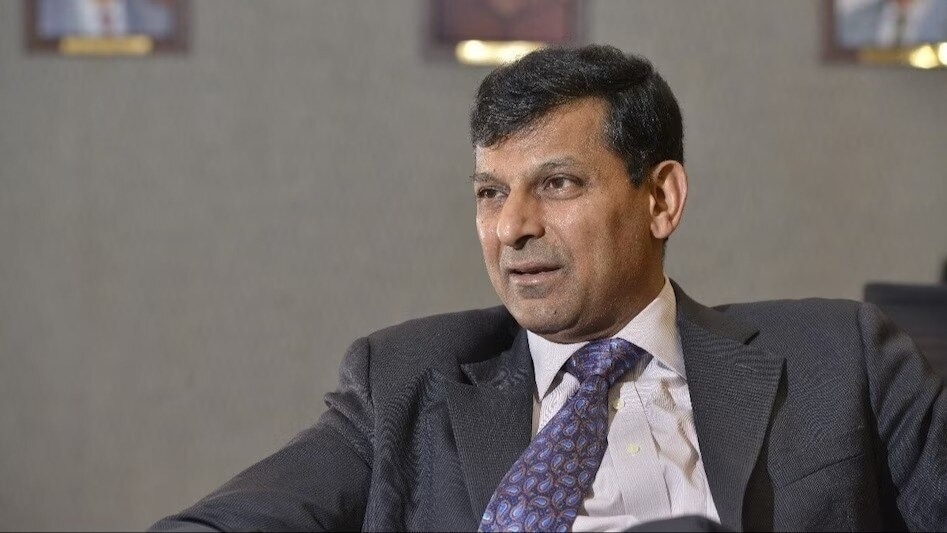Former Reserve Bank of India (RBI) Governor Raghuram Rajan has said recent repo rate cuts by the central bank are not a “magic bullet” that will automatically trigger a wave of private sector investment, as multiple structural factors continue to weigh on business sentiment.
“I do not think that necessarily this (rate cuts by RBI) will be a magic bullet to propel investments,” Rajan told PTI Videos, adding that “interest rates were an argument, but I do not think that can any longer be an argument.”
On June 6, the RBI’s monetary policy committee, headed by Governor Sanjay Malhotra, slashed the benchmark repo rate by 50 basis points, taking the total cut to 100 basis points in recent months. It also shifted its policy stance from “accommodative” to “neutral” and announced liquidity infusion measures to support growth.
But Rajan, currently a finance professor at the University of Chicago’s Booth School, said more is needed to spark investment. “Some of the other factors, including creating more of a transparent sort of playing field and creating more competition in a number of sectors, will urge industry to be less complacent and more focused on investing to preserve their advantage and their lead,” he said.
He pointed to long-term trends that show Indian companies have pulled back sharply from capital expenditure since the pre-2008 boom. “They have become much more circumspect, and they cannot keep saying this is the condition of the domestic economy – earlier, they were saying the lower middle class is not spending, rural areas are not spending. Now it is flipped over. It is the upper middle class which is not spending,” Rajan observed.
Data from the Ministry of Statistics shows the private sector’s share in India’s gross fixed capital formation (GFCF) fell to an 11-year low of 32.4% in FY24. Asked whether recent rate cuts will nudge corporates to invest, Rajan responded, “I hope that more corporate investment is forthcoming,” but warned that interest rates alone are not the answer.
On the inflation front, Rajan said the economy is in a “very comfortable situation.” Consumer price inflation (CPI) dropped to 2.1% in June – the lowest year-on-year figure since January 2019 – with food inflation falling to -1.06%. Assuming a normal monsoon, the RBI has projected inflation at 3.7% for FY26.
However, Rajan noted that core inflation remains higher than headline CPI and should be monitored closely. “I would also take a look at core inflation at such times, just to satisfy myself that the disinflationary impulse is across the board,” he said.
When asked if there was more room for rate cuts, Rajan declined to comment on the RBI’s future actions but added, “Interest rates are not at this point overly high after the rate cuts that RBI has made, and we will have to wait for some more time to see how things play out.”
Rajan also responded to recent concerns about a surge in net outward FDI. “FDI is complicated. It is not just people putting money on the ground in greenfield projects. Sometimes what they take out in terms of dividends, etc., counts negatively on FDI,” he said.
He added that India should be doing more to benefit from the “China plus one” shift in global manufacturing. “We should be getting much more of that kind of FDI. And of course, India should be getting FDI, which seeks to find a place with good logistics but reasonable workers – much like some of the southern states are attracting that kind of FDI.”







